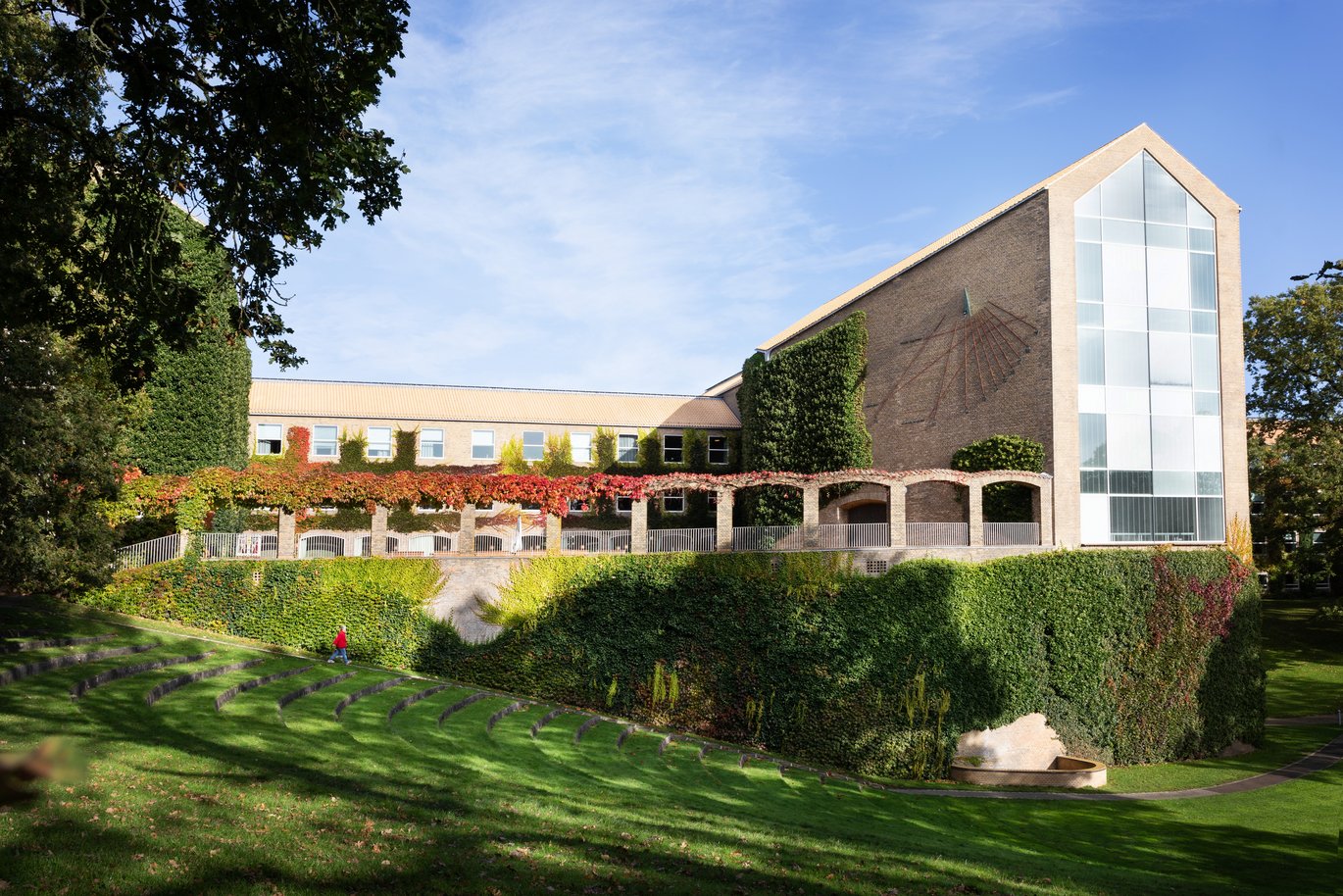The government wants less education – we prefer more collaboration
About half of Denmark’s future labour force will learn less. That’s the essence of the government’s ‘Denmark can do more III’ proposal, which has just been announced, according to Pro-rector Berit Eika and Rector Brian Bech Nielsen.

About half of Denmark’s future labour force will learn less. That’s the essence of the government’s ‘Denmark can do more III’ proposal, which has just been announced. The government is proposing to amputate many of the country’s Master’s degree programmes: if the government gets its way, many of our young people will have to settle for a one-year Master’s degree, rather than the two-year programme which is currently standard.
As the prime minister has admitted, the government’s proposal is an experiment. What’s more, it’s an experiment that isn’t based on any prior experience in relation to its potential effects and consequences. Either positive or negative. What’s being proposed is in essence an unprecedented, massive transformation of the Danish educational system and of the country’s level of education. And this without any attempt to draw on the knowledge and experience the universities themselves possess.
A loss of depth, breadth and hands-on experience
Over the course of a two-year Master’s programme, students gain intellectual depth - by grappling with complex issues - and breadth - by mastering their subject in its entirety and developing the ability to think and work independently. In short, students gain skills that are the very bricks and mortar of our knowledge society. This depth and breadth of knowledge can’t be achieved in half the time. Because a Master’s degree is not just about learning more facts and theories or more time in the classroom. In essence, it’s about developing the abilities you will need in your working life: Understanding and processing complex information. Forging new paths, new insights. Inventing new technologies. Breaking new ground.
A lot of students take advantage of the opportunity to broaden their horizons in other ways during the two-year Master’s programme – by studying abroad. This gives them an international perspective that prepares them for the globalised reality they’ll encounter in many workplaces after graduation. It’s not realistic to imagine that students will be able to study abroad within the narrow framework of a one-year Master’s programme. Narrowing our graduates’ horizons like this would be destructive to Denmark, a small country with an open economy – an economy that’s deeply dependent on trade and connections that transcend our national borders.
Our current two-year Master’s programmes not only broaden horizons - they build bridges between education and career. Another crucial advantage. A lot has happened in this area over the past decade. Universities have made huge strides in developing internships and work placements in collaboration with public and private sector institutions and companies. And the universities have invested massively in getting students involved in entrepreneurship and innovation.
Many examples of collaboration
Our Master’s degree students have embraced this hands-on approach. In fact, Aarhus University has doubled the number of Master’s theses that are written in collaboration with an external partner. And under the relocation agreement, Danish universities are in the process of establishing residence halls across the country where students can live while collaborating with local companies, municipalities and other institutions. To take just one example, Ringkøbing-Skjern Municipality and Aarhus University are working to make it possible for more students to live and work/study in western Jutland in connection with a work placement at a local business as part of their education.
The Confederation of Danish Industry has warmly advocated more of this kind of collaboration, and a study from Aarhus University confirms that employers welcome our initiatives. 92 per cent of the public and private sector organisations that have collaborated with university students are very satisfied with such placements, and two-thirds of them have subsequently hired a student.
There’s no time for hands-on professional experience in a one-year programme if you’re also going to preserve even a bare minimum of academic quality. And in any case, the government’s plan involves investing some of the money saved by slashing Master’s programmes into giving students more lessons. The loss of opportunities for hands-on experience would be an extremely regrettable development.
Denmark depends on its highly educated workforce
Our highly educated workforce is what we live on. And the answer to the problems facing our society is more knowledge, not less. More collaboration with business and industry and public-sector institutions, not less. This is why we are in favour of making the current Master’s degree programmes for working professionals more flexible, so the two-year programme can be combined with a career. We also welcome the idea of giving graduates the opportunity to return to university later in their careers. But not at the expense of the two-year Master’s degree programme.
The government’s proposal would potentially also be costly for society: according to an estimate from the Danish Economic Council, shortening the Master’s degree programmes by half could in itself potentially lead to a drop in GDP of between 7 and 14 billion kroner annually.
For all these reasons, we strongly encourage our nation’s politicians to think again – and to engage Danish higher education in dialogue, along with industry and other stakeholders – instead of gambling with our students’ futures. With our country’s future. We trust that the government is prepared to engage in dialogue and to find the best solutions in a collaboration that also includes the universities.